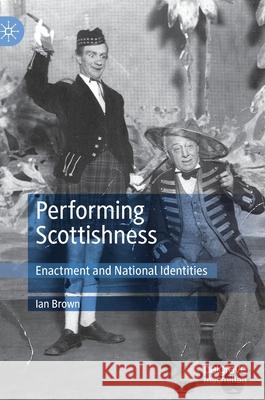Performing Scottishness: Enactment and National Identities » książka
topmenu
Performing Scottishness: Enactment and National Identities
ISBN-13: 9783030394066 / Angielski / Twarda / 2020 / 278 str.
Performing Scottishness: Enactment and National Identities
ISBN-13: 9783030394066 / Angielski / Twarda / 2020 / 278 str.
cena 342,14
(netto: 325,85 VAT: 5%)
Najniższa cena z 30 dni: 327,68
(netto: 325,85 VAT: 5%)
Najniższa cena z 30 dni: 327,68
Termin realizacji zamówienia:
ok. 22 dni roboczych.
ok. 22 dni roboczych.
Darmowa dostawa!
Kategorie:
Kategorie BISAC:
Wydawca:
Palgrave MacMillan
Język:
Angielski
ISBN-13:
9783030394066
Rok wydania:
2020
Wydanie:
2020
Ilość stron:
278
Waga:
0.50 kg
Wymiary:
21.01 x 14.81 x 1.75
Oprawa:
Twarda
Wolumenów:
01
Dodatkowe informacje:
Wydanie ilustrowane











